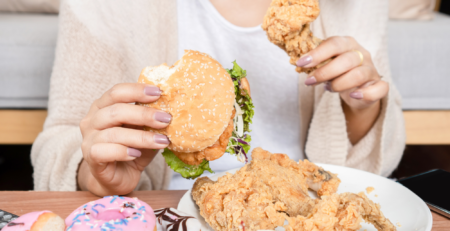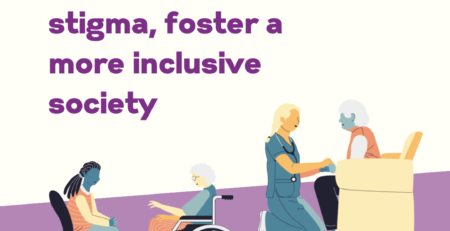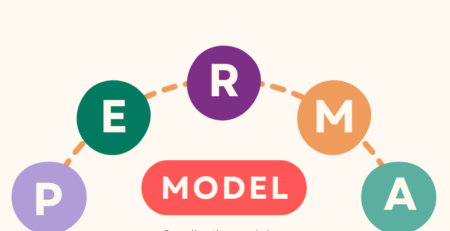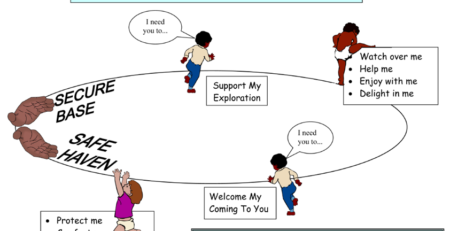Have you ever experienced a day where nothing appears to be going right? Perhaps you’re behind schedule, feeling stressed, or caught in an annoying situation? Suddenly, someone unexpectedly holds the door for you or shares a kind remark. All at once, your day feels much lighter. That small gesture of kindness could have lasted just moments, yet it can significantly change your mood. Similarly, we all recognise the happiness that arises from doing something nice for another person—a smile, a compliment, or a simple favour—along with the warm, uplifting energy that flows within us.
I remember one shopping trip at Woolworths with my then 4-year-old son that felt like a marathon. He was sitting in the shopping trolley, screaming and crying, whilst I was navigating the food aisles and we were almost done—but the checkout was still ahead, and he showed no sign of calming down. I could feel the stares of other shoppers, silently questioning why I couldn’t control my child or quiet him down? I was on the verge of abandoning the shopping altogether and just walking out with my son.
Then, out of nowhere, a compassionate stranger approached me. She placed a gentle hand on my shoulder and quietly said, “It’s alright… you’re doing a great job.” Her small act of kindness gave me the boost I needed to keep going. In that moment, it felt like someone truly had my back, reassuring me that it was okay. Sometimes, a simple gesture of kindness is all it takes to turn things around.
It’s these small, random acts of kindness that can have a surprisingly big impact on our lives. They do more than make us feel good in the moment; they create a ripple effect of positive emotions that can last long after the act itself. Whether it’s someone’s kind gesture towards you or one that you offer, the truth is, kindness nourishes the heart, soul, and mind, leaving us not only feeling connected but also healthier and more at peace.
The Science Behind Kindness: Why It Feels So Good
Kindness offers exceptional advantages that extend beyond the instant happiness it provides. At a biochemical level, engaging in a spontaneous act of kindness triggers the release of dopamine and serotonin, the “feel-good” hormones that boost our mood and overall mental health. This instant uplifting sensation is commonly known as a “helper’s high,” which explains why individuals frequently experience true elevation in mood after performing a kind act for another person. However, kindness extends beyond merely providing a fleeting uplift in mood. It offers enduring health and emotional advantages that resonate profoundly, reaching the soul as well.
The Ripple Effect: How Kindness Links Us Together
A small act—a kind word, assistance, or simply holding the door—can create a long-lasting impact. As the saying goes, “kindness is contagious.” When you receive kindness, it can motivate you to share it, and then, in return, someone else will do the same. This ripple effect fosters more resilient communities and contributes to establishing a nurturing, compassionate atmosphere for everyone involved.
Take, for instance, the story of a neighbour who brought an unexpected gift—a biscuit and a beverage—simply to brighten someone’s day. This simple gesture led to a deeper friendship and a continuous sharing of goodwill. It shows how even small gestures can greatly influence our relationships and communities.
One of the strongest aspects of kindness is its ability to spread. Kind gestures often motivate people to continue the cycle by “paying it forward.” This idea, nicely illustrated in the Pay it Forward initiative, which encourages us to repay kindness not by returning it directly, but by passing it on to others. Consider the beneficial domino effect that can result from a single, kind act. If you’re curious to see this inspiring idea in action,check out the trailer for Pay it Forward here.
One Saturday morning, I had the privilege to experience the magic of “Pay It Forward” in the most unexpected way. A friend and I were at a café, catching up and enjoying the morning. She went up to order our coffees, and everything seemed routine. But when our drinks arrived, there was no bill. Confused, we asked the waiter about it, and that’s when he told us someone had already paid for our order—anonymously.
Naturally, we were curious and asked if the person was still there. The waiter pointed to a man nearby, waiting for his own order. We couldn’t resist going over to thank him and ask why he did it? With a kind smile, he told us about the concept of “paying it forward”—a simple act of kindness with no expectation of anything in return, just the hope that it inspires others to do the same.
His thoughtfulness left a lasting impression on both of us. It wasn’t just about the free coffee; it was the bigger idea behind it, the ripple effect of kindness he set into motion. It left us inspired to keep it going and replicate this act of goodwill to brighten someone else’s day, in turn.
This little moment was such a powerful reminder of how small, thoughtful actions can make a big difference. They don’t just make someone’s day better – they spread positivity that extends far beyond what we can see. Have you ever experienced or initiated a “pay it forward” moment? The charm of paying it forward lies in the fact that one simple act of kindness can extend well beyond its starting point, igniting a chain of positivity that extends far beyond what we can see, touching countless lives.
Acts of Kindness and Your Mental Well-Being
Random acts of kindness also provide us with a profound sense of purpose, as these simple gestures connect us to others and the world around us. These actions, even when brief and spontaneous, help us step outside our own worries, allowing us to focus on something greater than ourselves.
- Reduces Anxiety and Stress: Being kind can lower cortisol, the stress hormone, helping you feel more relaxed and calm. In fact, acts of kindness can help reduce anxiety and promote a sense of inner peace. Study from the University of British Columbia indicates that individuals who engaged in acts of kindness exhibited marked improvements in positive mood and decreased social anxiety over time.
- Boosts Self-Esteem and Confidence: When you help others, it reinforces your sense of self-worth. It serves as a reminder that you can make a difference, and this can build your confidence and overall happiness.
- Creates a Sense of Purpose: Offering kindness, especially when it involves helping those in need, can give you a sense of purpose. Knowing that your actions are making a positive impact can foster a deeper connection to yourself and others.
- Alleviates Loneliness: When you give kindness, you foster connection. Kindness allows us to step outside our personal struggles, reconnecting us with the broader human experience and enhancing our sense of community, or “village,” as it’s sometimes called. Small acts of kindness can help bridge gaps and bring people closer together, reducing feelings of loneliness.
Want to Make Kindness a Daily Practice? Here’s a Great Resource
If you’re looking for ways to bring more kindness into your life, Random Acts of Kindness provides a wealth of free resources tailored for different settings. Whether you’re aiming to promote kindness at school, in your home, or even at work, this site offers ideas, tips, and inspiration to help make kindness a regular practice in your daily life.
By embracing kindness in these ways, you’re not only doing good for others but also enriching your own heart and soul. It’s a virtuous cycle that keeps giving, spreading positivity, connection, and health benefits to both you and those around you.













